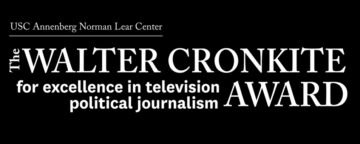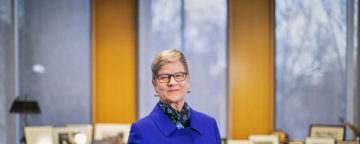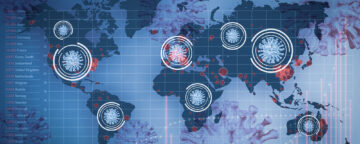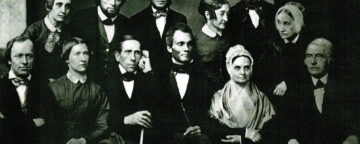A new study co-authored by Dolores Albarracín finds that redirecting an individual’s attention away from misinformation and toward other beliefs can be as effective as debunking it.


A new study co-authored by Dolores Albarracín finds that redirecting an individual’s attention away from misinformation and toward other beliefs can be as effective as debunking it.

FactCheck.org has won the People's Voice Award for News & Politics websites and mobile sites at the 2023 Webby Awards. This is FactCheck.org's 11th People's Voice honor and 21st Webby.

The Brooks Jackson Prize for Fact-Checking, presented with the Cronkite Awards, honors reports on a misinformation campaign that aimed to undermine trust in elections.

FactCheck.org, a project of the Annenberg Public Policy Center, has been nominated for a 2023 Webby Award in the mobile and website category News & Politics.

In a Q&A, Penn political scientist Matt Levendusky, head of APPC's Institutions of Democracy, discusses his book "Our Common Bonds" and reducing partisan animosity.

APPC Director Kathleen Hall Jamieson has been elected to a four-year term on the board of directors of the American Association for the Advancement of Science (AAAS).

A new study from Dolores Albarracín and Haesung Annie Jung finds that some Covid-19 statistics are more effective than others at encouraging people to change their behavior.

Three educators have been named to develop middle and high school lesson plans for Annenberg Classroom's film "Juneteenth," which debuts online this month.

The Annenberg Public Policy Center has received support from the Robert Wood Johnson Foundation to expand a new model for blunting the impact of deceptive claims about health.

An article in Social Education by APPC's Andrea Reidell describes the struggle of Robert Purvis, a free Black man living in Philadelphia before the Civil War, to obtain a passport.